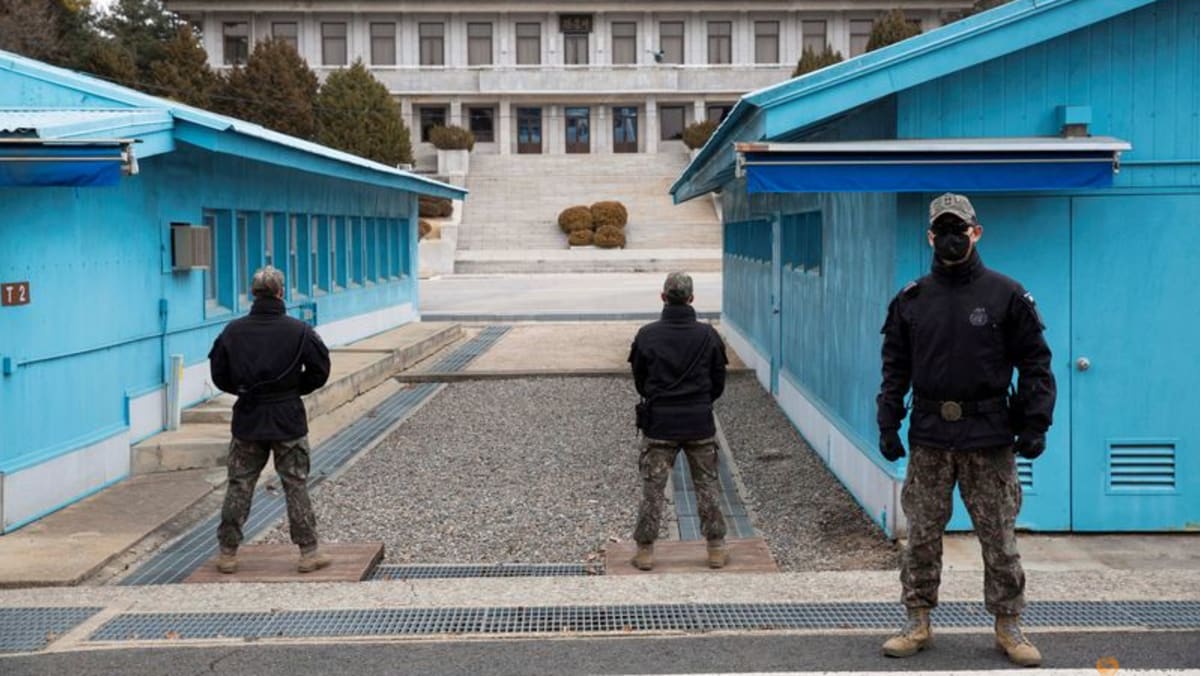WHAT SOUTH KOREA WANTS
Seoul’s aims are twofold. For one, it hopes that with plenty of access to outside information, more North Koreans may aspire to live in the South, increasing the number of defection attempts across the border.
The number of successful defections dropped significantly from 2020 after North Korea sealed its borders during the pandemic. But after border controls eased again in 2023, the annual number of defectors making it to the South almost tripled to 196. Recently, on Aug 20, Seoul’s military announced it had picked up a North Korean soldier who had crossed the border – the second defection in two weeks.
Furthermore, Seoul envisions that an influx of information could lead to a popular uprising in the North. Such an uprising may pressure that regime to either bend and allow greater freedom and human rights to its people, or to break.
But, in my opinion, these scenarios are unlikely to turn into reality. After all, Pyongyang’s tight control of outside information has so far enabled the regime to survive.
Seoul’s new vision for unification is provocative and may not be well-received by Pyongyang. It may even put the lives of ordinary North Koreans at risk by encouraging Kim’s regime to tighten its information control.
Yoon’s commitment to developing a new vision for Korean unification can be traced back several months. In March, South Korea’s presidential office announced its intention to update the National Community Unification Formula, which since 1994 has been the government’s official unification policy.
The formula is comprised of three stages: Seeking reconciliation and cooperation with the North, establishing a Korean commonwealth, then creating a single unified Korea.
While the exact nature of the update is not yet clear, the decision to revise the existing unification formula is not a surprise. There has been no progress beyond the first stage since the formula was introduced three decades ago.
Seoul’s decision to review and update its unification formula also came after Kim reportedly abandoned hopes for unification in January. In a speech delivered at North Korea’s parliament, he said the constitution should be changed to designate the South as the “principal enemy”.







